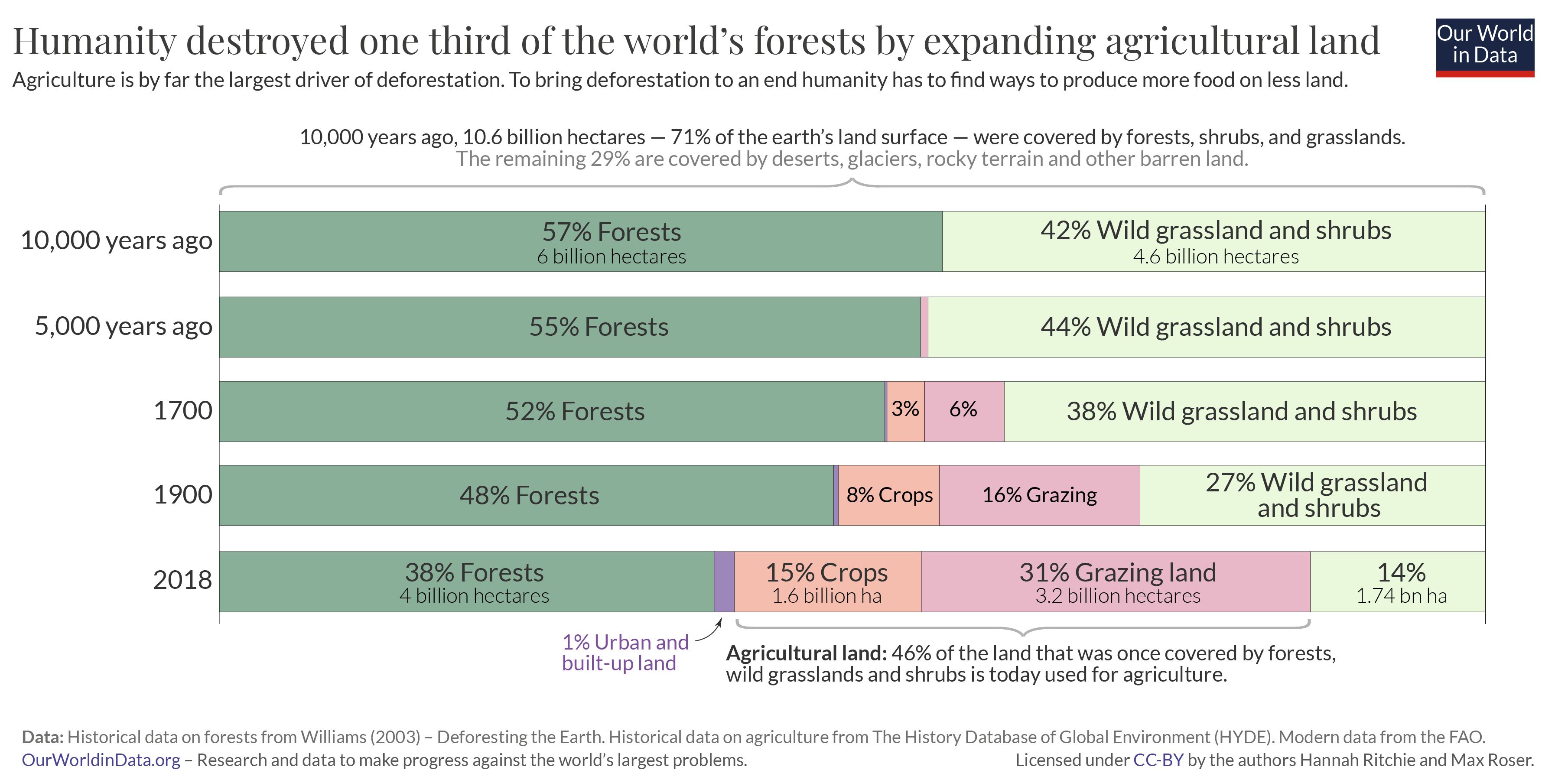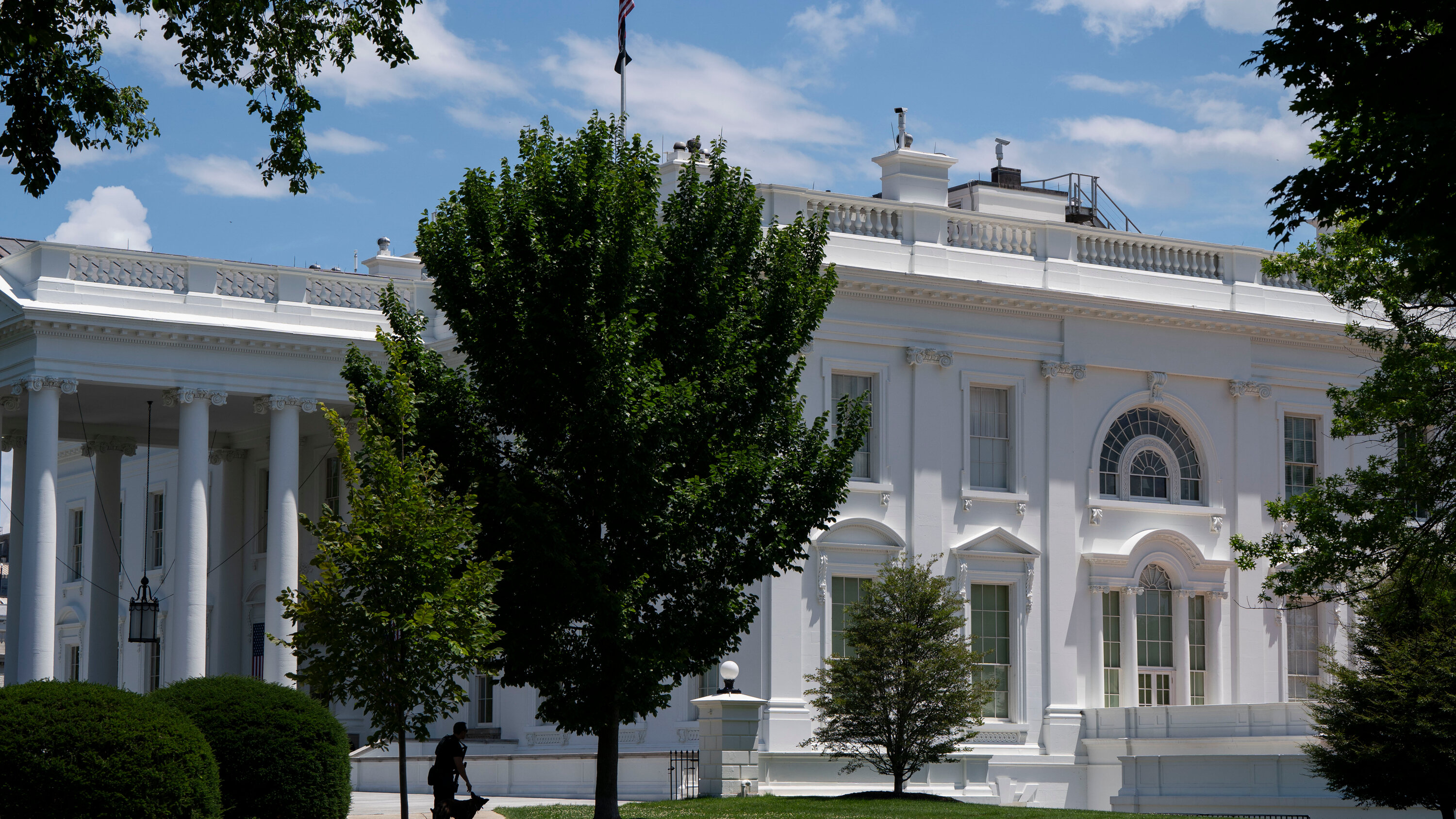Record-Breaking Forest Loss: Wildfires Intensify Global Deforestation

Table of Contents
The Role of Wildfires in Global Deforestation
Wildfires are a significant and increasingly destructive contributor to global deforestation, particularly in sensitive ecosystems already stressed by climate change. The sheer scale of forest loss from wildfires is alarming. While precise figures vary depending on the reporting methodology and data availability, an estimated 10-20% of annual global forest loss can be directly attributed to wildfires. This figure is projected to rise in the coming years due to escalating climate change impacts.
-
Regions Heavily Impacted: The Amazon rainforest, Australia's bushlands, and the boreal forests of Siberia are prime examples of regions experiencing catastrophic wildfire-induced deforestation. These regions are characterized by unique and highly biodiverse ecosystems that are exceptionally vulnerable to the long-term impacts of fire.
-
Vulnerable Forest Types: Boreal forests, with their dense coniferous stands and often peat-rich soils, are particularly susceptible to intense and prolonged wildfires. Similarly, dry forests, characterized by long periods of drought, are prone to rapid and extensive fire spread.
-
Climate Change's Influence: Climate change is exacerbating the problem. Rising global temperatures, extended periods of drought, and more frequent heatwaves create ideal conditions for wildfires to ignite and spread rapidly, resulting in larger and more intense forest fires. Longer fire seasons are directly contributing to the escalating rates of wildfire-induced deforestation.
Beyond Wildfires: Other Drivers of Record-Breaking Forest Loss
While wildfires play a significant role, they are not the sole driver of record-breaking forest loss. Several other factors contribute to this alarming trend:
-
Illegal Logging: The illegal logging industry continues to decimate forests globally, often targeting valuable timber species and leaving behind damaged ecosystems. This illicit activity often goes unchecked, leading to unsustainable deforestation rates.
-
Agricultural Expansion: The ever-increasing demand for agricultural land drives deforestation, particularly in tropical regions. Converting forests for crop production and livestock grazing is a major contributor to forest loss, often leading to habitat destruction and biodiversity loss.
-
Mining and Infrastructure Development: Mining operations and the construction of roads, dams, and other infrastructure often encroach on forested areas, leading to significant habitat fragmentation and deforestation. These projects can lead to widespread habitat destruction and disruption of ecological processes.
-
Urban Sprawl: The expansion of urban areas into previously forested regions contributes to deforestation and habitat loss. The relentless growth of cities frequently leads to the encroachment upon natural ecosystems.
The Environmental Consequences of Record-Breaking Forest Loss
The environmental consequences of record-breaking deforestation are far-reaching and devastating:
-
Increased Greenhouse Gas Emissions: Forests act as significant carbon sinks. Their destruction releases vast amounts of stored carbon dioxide into the atmosphere, exacerbating climate change and accelerating global warming. The burning of forests during wildfires releases even more greenhouse gases, creating a vicious cycle.
-
Loss of Biodiversity: Forests are home to a vast array of plant and animal species. Deforestation leads to habitat loss, fragmentation, and the extinction of numerous species, undermining the delicate balance of global biodiversity.
-
Soil Erosion and Degradation: Trees play a vital role in protecting soil from erosion. Deforestation leaves soil exposed to the elements, leading to degradation, reduced fertility, and impaired water retention capacity. This impacts water quality and availability.
-
Disruption of Ecological Processes: Deforestation disrupts crucial ecological processes, including nutrient cycling, water regulation, and climate regulation, impacting the functioning of entire ecosystems and the services they provide.
Combating Record-Breaking Forest Loss: Mitigation and Conservation Strategies
Addressing record-breaking forest loss requires a multifaceted approach involving mitigation and conservation strategies:
-
Improved Forest Management and Fire Prevention: Implementing sustainable forest management practices, including controlled burns and improved fire detection and suppression techniques, can help reduce the risk and impact of wildfires.
-
Sustainable Agricultural Practices: Promoting sustainable agricultural techniques, such as agroforestry and reduced tillage farming, can minimize the need for forest conversion for agricultural purposes.
-
Strengthening Legislation and Law Enforcement: Strengthening legislation against illegal logging and improving law enforcement efforts are crucial for curbing this destructive activity.
-
Reforestation and Afforestation Initiatives: Large-scale reforestation and afforestation programs are essential for restoring forest cover and enhancing carbon sequestration.
-
International Cooperation and Funding: International cooperation and increased funding for conservation efforts are vital for supporting global initiatives aimed at combatting deforestation.
-
Community Engagement and Empowering Local Populations: Engaging local communities and empowering them to participate in conservation efforts is essential for achieving long-term success.
Conclusion: Addressing Record-Breaking Forest Loss – A Call to Action
The evidence is undeniable: wildfires are a major contributor to record-breaking forest loss, exacerbating an already critical situation fueled by multiple factors. The environmental consequences are severe and far-reaching, demanding urgent action. We must adopt a comprehensive approach, combining improved forest management, sustainable practices, robust law enforcement, and international cooperation to combat this global crisis. Let's work together to stop record-breaking forest loss and protect our planet's precious forests. Support organizations dedicated to reforestation, advocate for stronger environmental policies, and adopt sustainable practices in your daily life. The future of our forests, and indeed our planet, depends on it.

Featured Posts
-
 White House Cocaine Incident Secret Service Investigation Results
May 26, 2025
White House Cocaine Incident Secret Service Investigation Results
May 26, 2025 -
 I Mercedes Den Endiaferetai Gia Ton Ferstapen Analysi
May 26, 2025
I Mercedes Den Endiaferetai Gia Ton Ferstapen Analysi
May 26, 2025 -
 From Loss To Joy The Story Of Jonathan Peretz And His Son
May 26, 2025
From Loss To Joy The Story Of Jonathan Peretz And His Son
May 26, 2025 -
 Le Role De X Dans La Propagation Des Idees D Extreme Droite En Europe Selon Elon Musk
May 26, 2025
Le Role De X Dans La Propagation Des Idees D Extreme Droite En Europe Selon Elon Musk
May 26, 2025 -
 La Relacio D Albert I Charlene De Monaco Noves Proves D Una Imminent Separacio
May 26, 2025
La Relacio D Albert I Charlene De Monaco Noves Proves D Una Imminent Separacio
May 26, 2025
